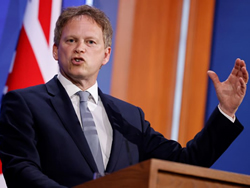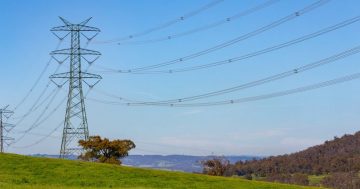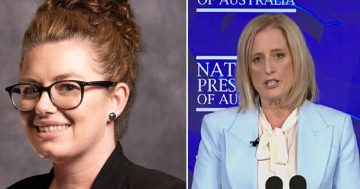 A United Kingdom academic has attacked Prime Minister, Rishi Sunak’s plan to reorganise the Public Service, saying history shows creating new Departments in response to short-term problems is rarely a good idea.
A United Kingdom academic has attacked Prime Minister, Rishi Sunak’s plan to reorganise the Public Service, saying history shows creating new Departments in response to short-term problems is rarely a good idea.
Teaching Associate in Political History and Bangor University, Marc Collinson said Mr Sunak planned to create a new Department dedicated to energy and another for science and innovation, as well as bringing various business and trade portfolios under one roof.
“Reorganisations of this kind tell voters a great deal about the Government of the day and its priorities,” Mr Collinson said.
“Sunak’s announcements are revealing not only as signals of his aims ahead of the next election but also of the pressures he faces,” he said. .
“The creation of the Department for Energy Security and Net Zero, to be led by experienced Minister, Grant Shapps (pictured), shows how Sunak is seeking to unite the more progressive elements of the Conservative coalition (who support net zero) with those who see the most pressing energy issues as being related to the war in Ukraine and the associated price spikes.”
Mr Collinson noted that two previous Prime Ministers had created standalone Energy Departments.
Edward Heath established one in 1974 during an energy crisis that was hitting households in similar ways to the current situation, while Gordon Brown set up the Department of Energy and Climate Change in 2008, which lasted until 2016 when Theresa May dissolved it.
“Neither Heath nor Brown reaped any electoral benefit from their signalled commitment to energy issues, and the same may well be true for Sunak,” Mr Collinson said.
“The new Department is perhaps more important in relation to how it ties the priorities of different Conservative groups together,” he said.
“This is a careful attempt to elide two seemingly contradictory agendas that centre on energy production.”
Mr Collinson said Mr Sunak was reshaping his Cabinet to present a unified vision from a party disunited over how to address the climate emergency, while simultaneously showing awareness of difficult economic circumstances.
“In many ways, this is institutional reform as gymnastics,” he said.
London, 21 February 2023











